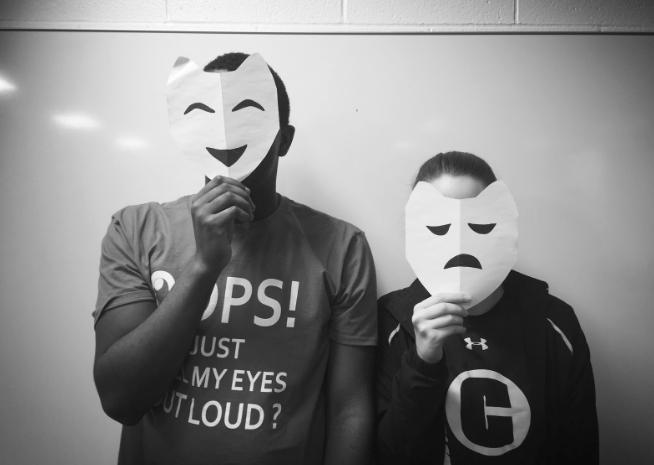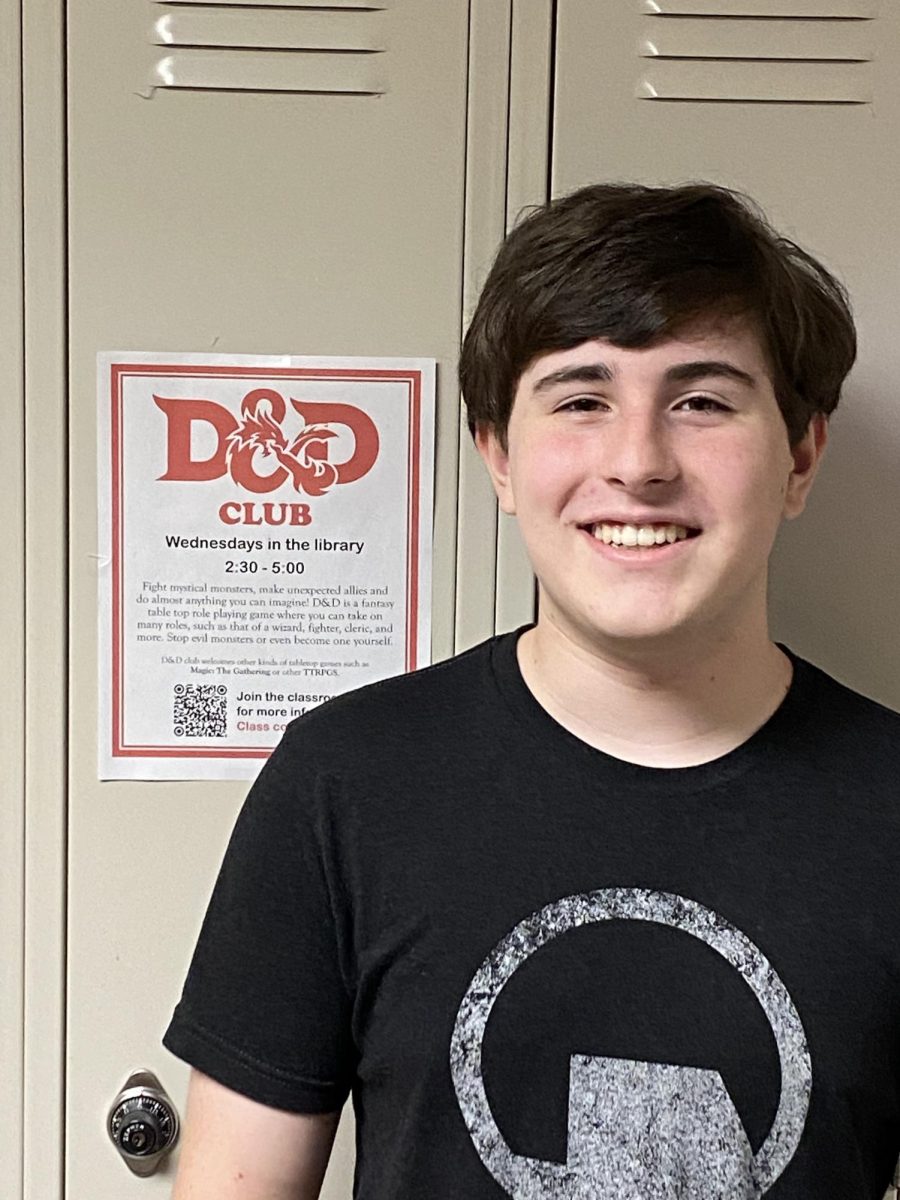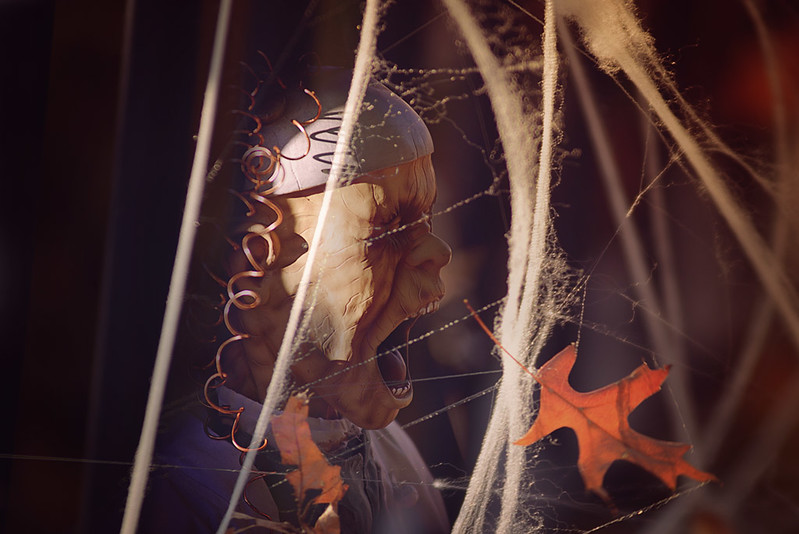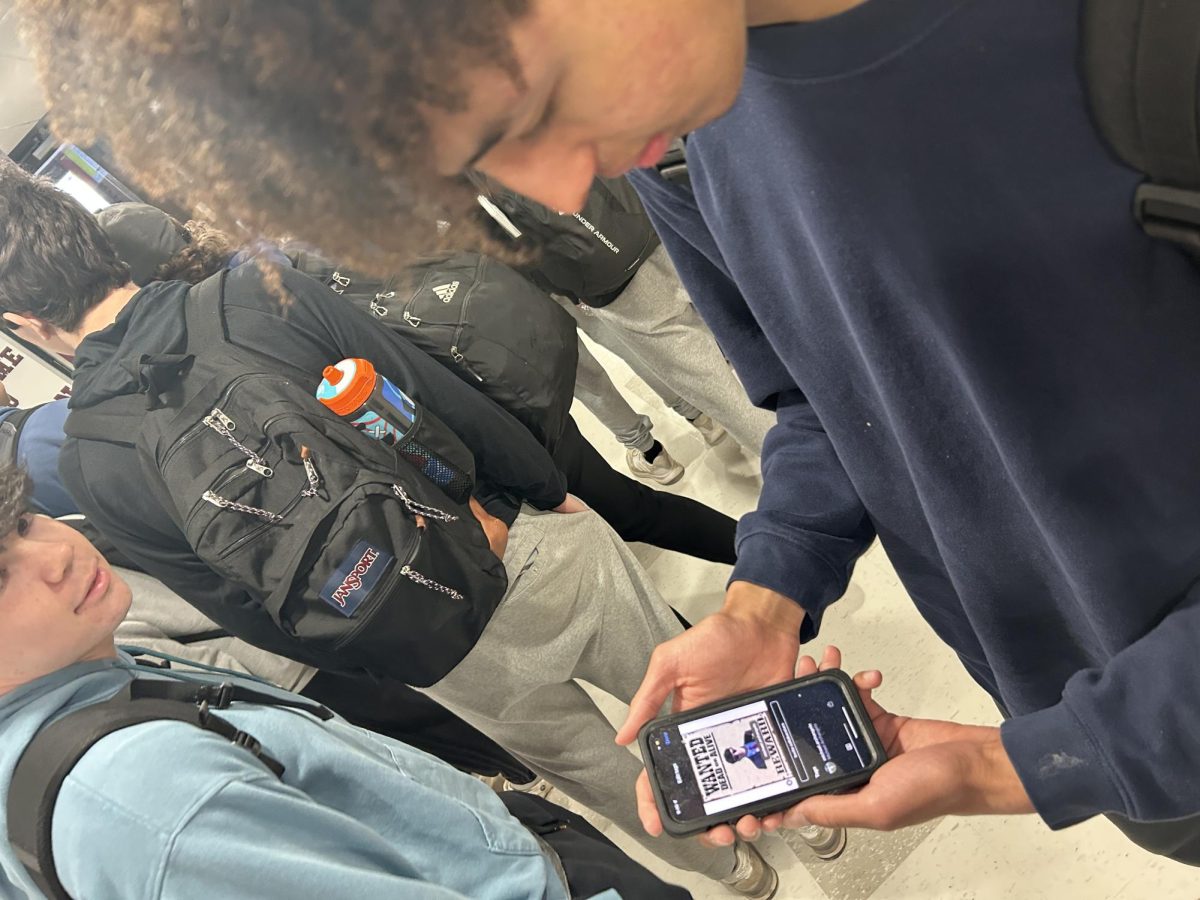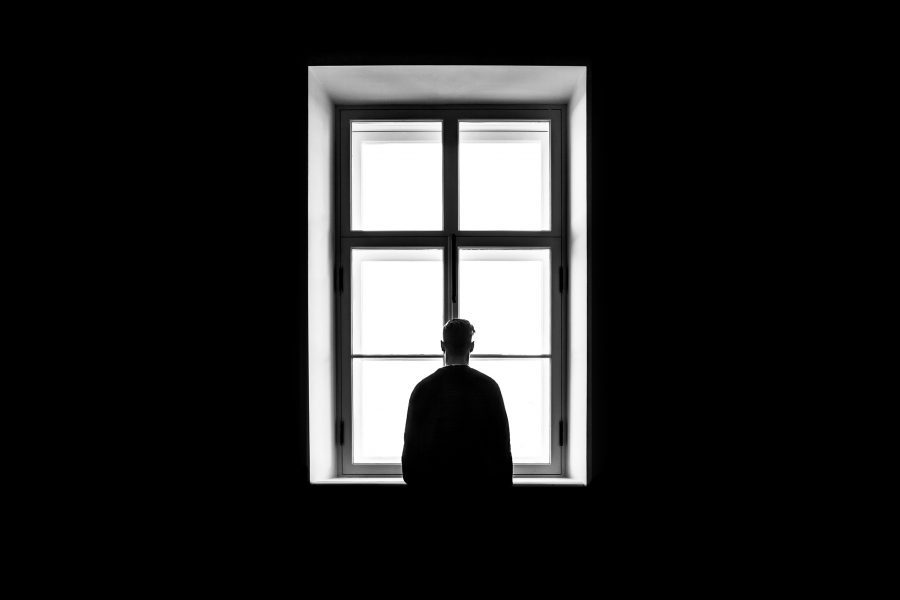High schools often act as cesspools for social drama, and Canton High School is no exception. Even though drama can be necessary as our values grow and change, it can also be disruptive and harmful. In small towns like Canton, becoming ostracized by drama is both a practical and crippling fear.
Every student has their own definition of what drama qualifies as. Its technical definition is a sequence of social interactions of a conflictive, competitive, or antagonistic type. High school conflicts generally consist of petty arguments that can escalate into bullying.
“I think drama is mostly catty stuff, emotions run high in teenagers, so boys are a big type of drama, and because some people are unable to see past their emotions and how they’re feeling at the moment, they’re unable to see past how miniscule the drama is and how easily it can be fixed,” observed Canton High School senior Diamond Newkirk.
Recent political issues that have divided students and created noticeable social tension have also contributed to social drama. An anonymous sophomore student observed this in the drama they experience.
“Drama is typically, in my friend group, about LGBTQ stuff. There’s been some fallout between people regarding these things. Human rights in general, which does go into the political system, is also discussed.”
Another anonymous senior student noted that drama has “a domino effect” of sorts, and he explained that “As more people get involved, more opinions get involved, and it grows.”
Even the most levelheaded students might find drama unavoidable. This is because high school student brains are hardwired to act out socially. Before a student dons their cap and gown, although the amygdala region of the brain (where immediate reactions are processed) is fully developed, it isn’t until a few years later that the frontal cortex has finished developing. The frontal cortex is essential in reasoning, so adolescents consequentially act on impulse rather than reason, experience difficulty interpreting social cues correctly, and can’t change their dangerous and inappropriate behaviors.
While drama might be an unavoidable mind trap, Newkirk felt that the brain isn’t to blame.
“I think that drama is entertainment for some people. Some people just find joy in that kind of thing. Other times it is uncontrollable emotions, where you legitimately feel upset, but it can also be for pleasure and enjoyment.” While drama might serve as a welcome distraction to some, many students would rather avoid it entirely.
For these students, many precautions can be taken. Taking a step back from the situation, speaking nicely about people, and being a good confidante are some of the many options.
“I think drama is avoidable. I think a lot of reason for drama is because people don’t speak about their feelings,” Newkirk noted. “They hold them in so they don’t seem too harsh or irrational, and they wait for it to spill over. Once it spills over and it’s out, and you’ve said something hurtful you can’t take it back. I think if people learn to speak about their feelings and cope with what bothers them then drama can be avoided so much more.”
While ideologically most drama can be avoided, it is probable that every student will experience social unrest at some point in their life. Once engaged, it is important to stand by your morals, stick up for yourself, and stay kind. After all, if there is nothing kind to say, at least silence can’t be misquoted.
He Said, She Said
March 9, 2017
0
More to Discover
